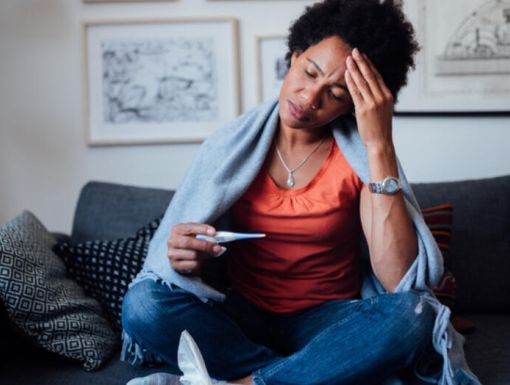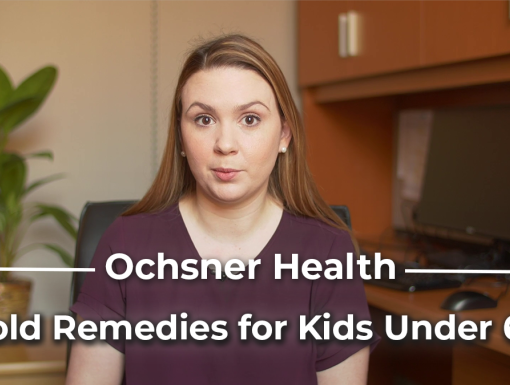
How Long Does a Cold Last?
It’s inevitable that at some point or another, we will catch a cold. In fact, an adult can experience a cold two to three times a year, while children catch colds about four to five times a year. You can catch a cold anytime throughout the year, but they are more common during the colder months. This is because people tend to stay inside their homes or are in closer proximity to other people.
Colds aren’t typically a severe illness. However, if you have one, you probably can’t wait to get over it and get back to your life. Unfortunately, there is no cure for the common cold. You will need to let it run its course, which takes up to two weeks. Thankfully, you can treat the symptoms, which should have you better in no time.
What is a cold?
A cold is an upper respiratory virus that affects the nose, sinuses and throat. You might be surprised to find out that over 200 different types of viruses can cause a cold. The rhinovirus is the virus known to cause the common cold. A virus can spread through person-to-person contacts, such as shaking hands with an infected person or by breathing in tiny water droplets from infected people coughing or sneezing. You can also get it by touching an infected surface.
How long does a cold last?
There are several stages of a cold, from becoming infected to getting over your symptoms. It can take seven to 10 days, but you can see mild symptoms up to three weeks. A person can experience symptoms in different time frames but below is typical progression.
- Exposure: Being exposed to the virus is the first step. When the virus enters one of your cells, it will create copies of itself that infect other cells. This can happen eight to 10 hours after coming into direct contact with the virus. At this point, you are probably unaware that you have encountered the virus as you do not present any symptoms immediately.
- Incubation: The incubation period refers to the one or first three days of being exposed to the virus while the virus is multiplying. It usually takes three days to start presenting symptoms, although you can begin to experience them as soon as 10 hours after being exposed. This is when you will start to feel a sore throat, coughing or sneezing.
- Symptoms Peak: This is the stage when you know you are sick. Experiencing the height of your symptoms can last another three days following the incubation period. Some symptoms you may be experiencing are sore throat, sneezing, coughing, runny nose, stuffy nose, fever, body aches or headaches.
- Symptoms Level Off: Symptoms begin to level off anywhere from three to 10 days after experiencing the worst of the symptoms. Some symptoms can last up to two weeks.
Am I still contagious?
You are most contagious from the incubation period to the peak level of your symptoms. Therefore, you need to stay home if you are sick. You should make sure to wash your hands thoroughly and cover your mouth and nose if you cough or sneeze. Make sure to disinfect all high-touch surfaces, such as doorknobs and countertops.
Most symptoms should go away on their own within two weeks. However, you should contact your primary care physician if your symptoms do not improve within this time frame.
Schedule an appointment with Dr. David Klibert.



